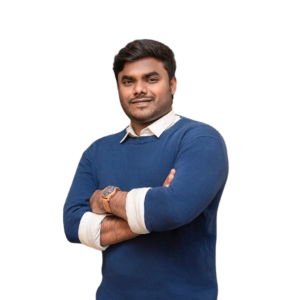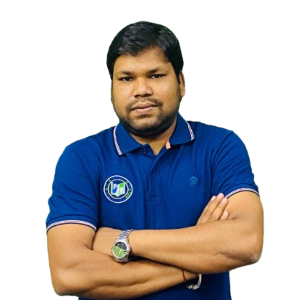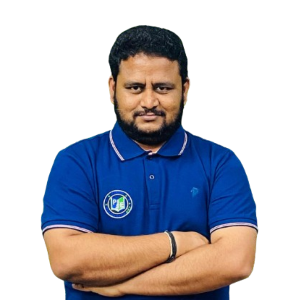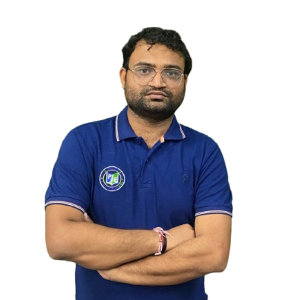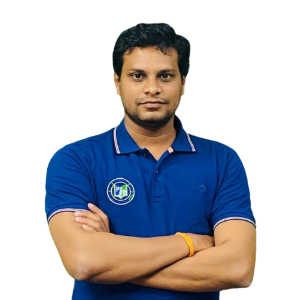Digital Circuits Number representations: binary, integer and
floating-point- numbers. Combinatorial circuits: Boolean
algebra, minimization of functions using Boolean identities and
Karnaugh map, logic gates and their static CMOS implementations,
arithmetic circuits, code converters, multiplexers, decoders.
Sequential circuits: latches and flip-flops, counters,
shift-registers, finite state machines, propagation delay, setup
and hold time, critical path delay.
Data converters: sample and hold circuits, ADCs and DACs.
Semiconductor memories: ROM, SRAM, DRAM.
Computer organization: Machine instructions and addressing
modes, ALU, data-path and control unit, instruction pipelining.
Control Systems Basic control system components; Feedback
principle; Transfer function; Block diagram representation;
Signal flow graph; Transient and steady-state analysis of LTI
systems; Frequency response; Routh-Hurwitz and Nyquist stability
criteria; Bode and root-locus plots; Lag, lead and lag-lead
compensation; State variable model and solution of state
equation of LTI systems.
Communications Random processes: auto correlation and power
spectral density, properties of white noise, filtering of random
signals through LTI systems.
Analog communications: amplitude modulation and demodulation,
angle modulation and demodulation, spectra of AM and FM, super
heterodyne receivers. Information theory: entropy, mutual
information and channel capacity theorem.
Digital communications: PCM, DPCM, digital modulation schemes
(ASK, PSK, FSK, QAM), bandwidth, inter-symbol interference, MAP,
ML detection, matched filter receiver, SNR and BER. Fundamentals
of error correction, Hamming codes, CRC.

